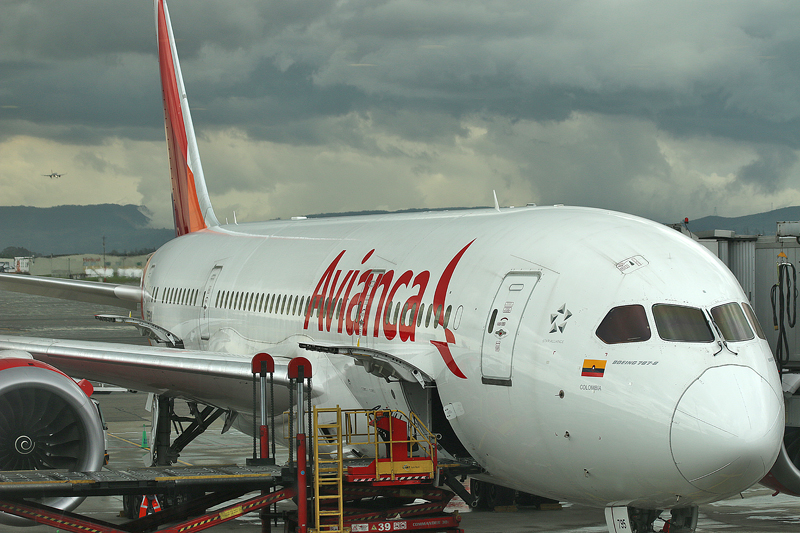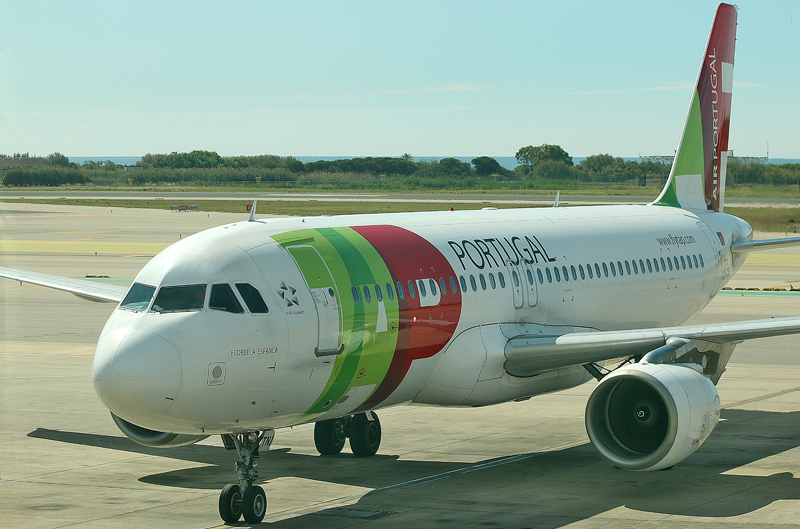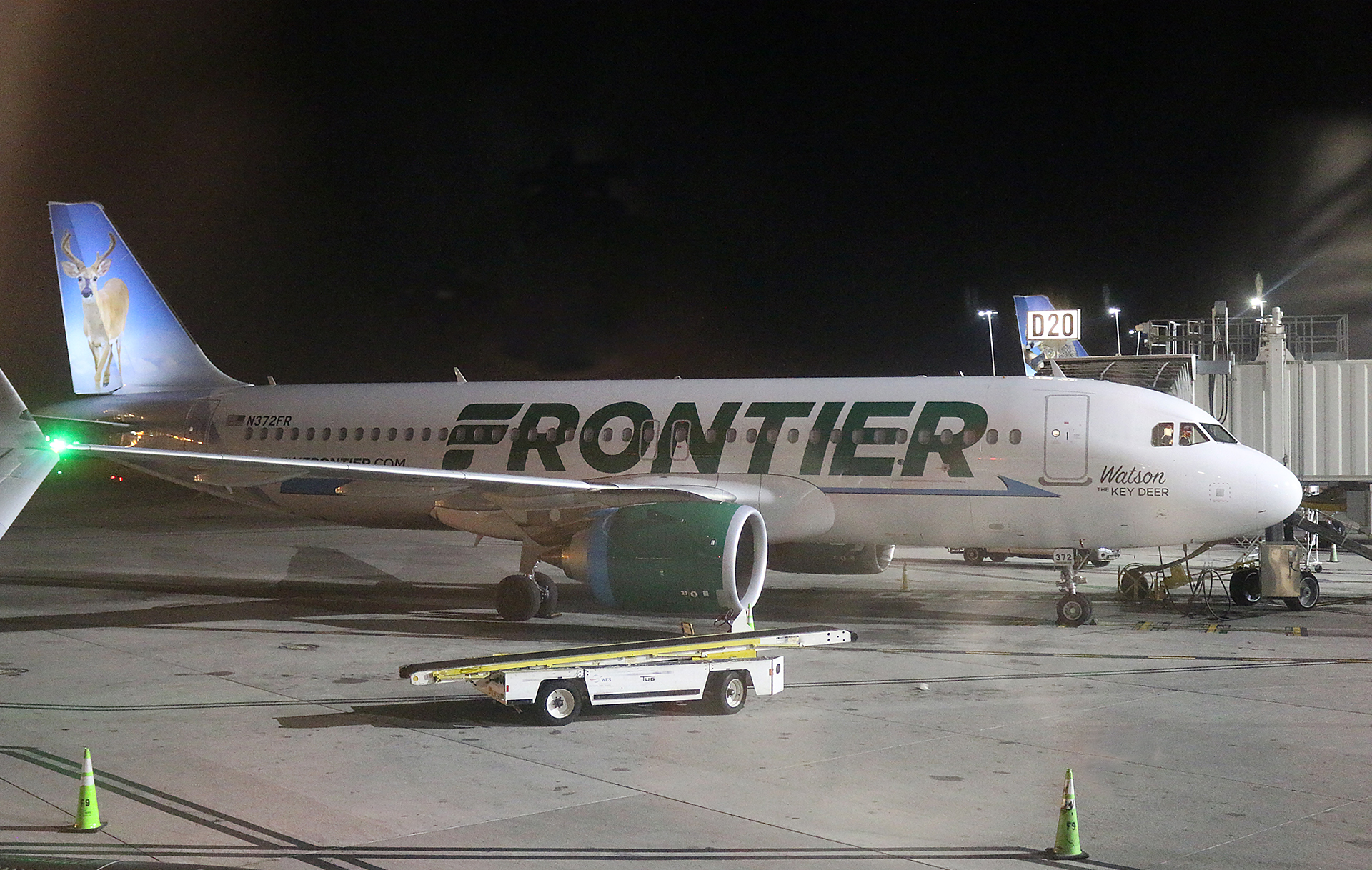Six airlines have been ordered by the Department of Transportation of the United States to pay greater than $622 million in refunds that customers should have received during the current 2019 Novel Coronavirus pandemic, as the Office of Aviation Consumer Protection of the department has determined that the airlines in question failed to provide refunds in a timely manner to tens of thousands of consumers for flights that the airlines significantly changed — either via delays or cancellations of the affected flights — in violation of 49 United States Code § 41712 and 14 Code of Federal Regulations Part 259.
6 Airlines Ordered to Refund Customers Greater Than $622 Million Due to Cancellations and Delays

These orders from the Department of Transportation direct the six airlines to cease and desist from future similar violations of section 41712 and 14 CFR Part 259 — as well as collectively assess the carriers greater than $7.25 million in compromise civil penalties.
The six airlines that were ordered to refund customers and pay civil penalties as punishment are listed from the most refunds to the least amount of refunds — along with links to the sources of the orders:
- Frontier Airlines — $222 million in refunds and $2.2 million in civil penalties
- TAP Portugal — $126.5 million in refunds and $1.1. million in civil penalties
- Air India — $121.5 million in refunds and $1.4 million in civil penalties
- Avianca — $76.8 million in refunds and $750,000 in civil penalties
- EL AL Israel Airlines Liimited — $61.9 million in refunds and $900,000 in civil penalties
- Aerovias de Mexico, Sociedad Anónima de Capital Variable doing business as Aeromexico — $13.6 million in refunds and $900,000 in civil penalties
An investigation — which was conducted by the aforementioned Office of Aviation Consumer Protection — found that Frontier Airlines retroactively changed its definition of a “significant schedule change” at the start of the pandemic, which resulted in tens of thousands of passengers without the money they paid for months of which they were entitled to a prompt refund. Some customers were forced to wait more than an entire year for their money to be refunded.
Additional penalties and enforcement actions of more airlines by the Department of Transportation may be forthcoming in the near future.
Final Boarding Call

Airlines need to stop playing games with their customers at many different levels — including frequent flier loyalty programs, seat comfort, and service as only three of myriad factors — but with regard to refunds, they would not have been penalized by being assessed with civil penalties had they simply refunded the money of customers who were entitled to it in a timely manner. It is simply good business to do so.
Then again, I wonder if the civil penalties are enough of a deterrent to the airlines to dissuade them from such practices in the future, which had use of greater than $622 million in funds to which they were not entitled from which they may have potentially benefited greater than $7.25 million in value over that period of time.
Regardless, this is arguably one of those times when government intervention was sadly necessary…
All photographs ©2018, ©2019, and ©2022 by Brian Cohen.
